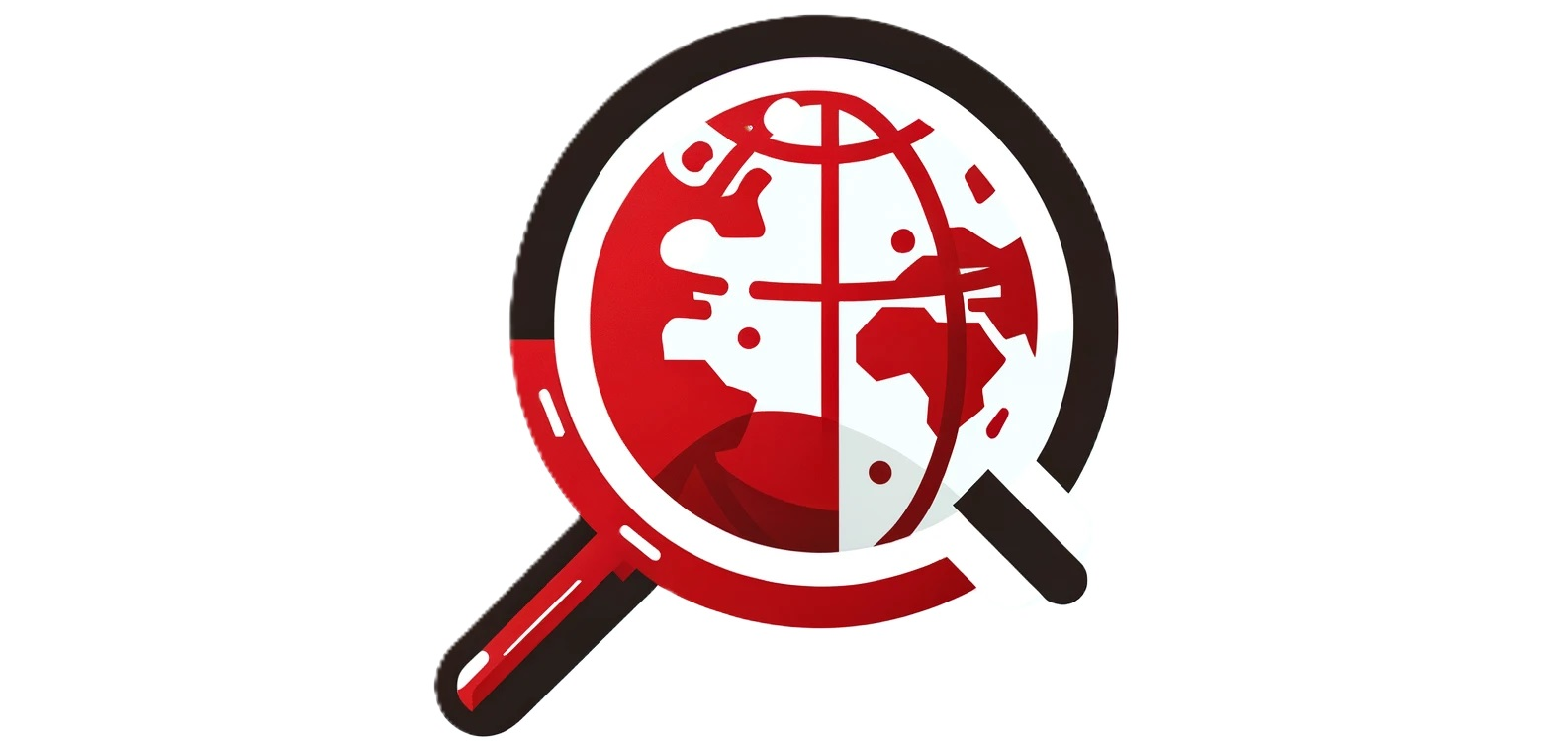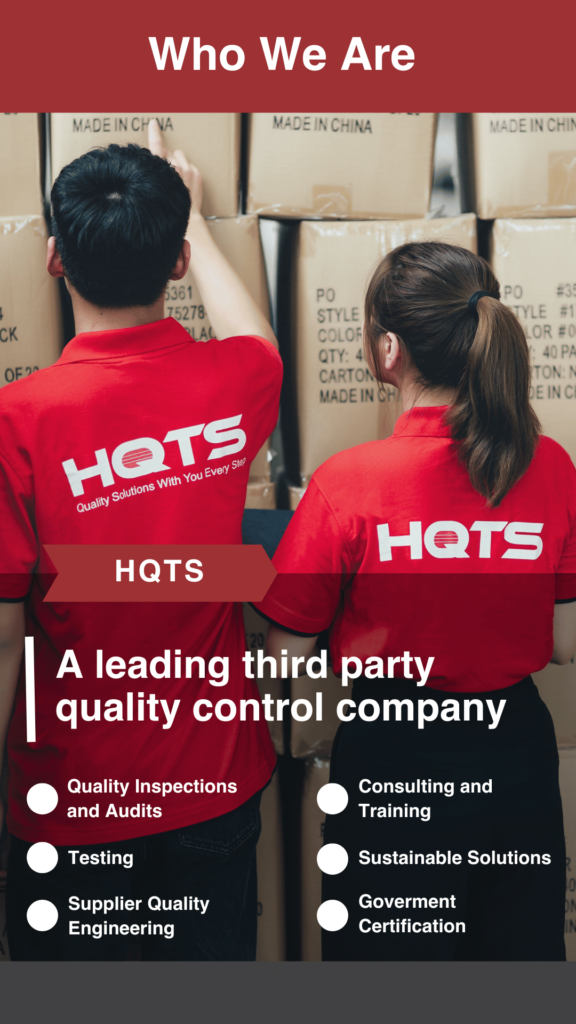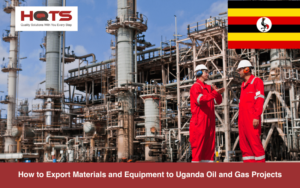The lush tropical climate, abundant rainfall, and diverse topography of the region create ideal conditions for cultivating a wide array of agricultural products, making Southeast Asia (S.E.A) become a major exporter of various commodities worldwide.
What are the common agricultural products imported from Southeast Asia?
- Rice: often referred to as “staple food” in S.E.A, holds immense cultural and economic importance. Leading rice exporters such as Thailand, Vietnam, Indonesia, and Cambodia offer varieties like Jasmine, Basmati, and Long Grain, renowned for their distinct flavors and culinary versatility. The supply of Southeast Asian sustains millions and stabilizes global rice markets.
- Tropical fruits: It is very easy to see bananas, pineapples, mangoes, and papayas from the Philippines, Thailand, Vietnam, Malaysia, and Indonesia in supermarkets around the world.
- Palm oil: predominantly produced and exported by Indonesia and Malaysia, is another significant agricultural product with high global demand. Its usage spans various industries, including food processing, cosmetics, and biofuel production.
- Spices: Indonesia, Vietnam, and Thailand are key exporters of spices like pepper, nutmeg, cinnamon, cloves, etc. These aromatic and flavorful spices not only enhance the taste of dishes but also hold medicinal properties, leading to their highly international demand.
- Rubber: another significant export from Southeast Asia, is primarily dominated by Thailand, Indonesia, and Malaysia. Natural rubber finds application in various products, including tires, gloves, and footwear, making it a crucial commodity in global manufacturing.
- Coffee: as the world’s second largest exporter of coffee, Vietnam offers its local coffee beans to global markets. Similar to coffee, other products like tea, sugar, cassava, and coconuts are also prevalent products exported from S.E.A.
Why should import agricultural products from Southeast Asia?
There are some benefits of importing agricultural products from S.E.A:
- Wide variety of commodities: S.E.A is renowned for its abundance of agricultural products mentioned above. This diverse selection ensures that importing countries have access to a broad spectrum of essential goods that cater to various culinary, industrial, and consumer demands.
- Cost efficiency: Due to the region’s favorable climatic conditions and experienced agricultural practices, the cost of production for agriculture is relatively low, leading to the access of high-quality products at competitive prices.
- Optimized logistics: The region is well-connected through major shipping routes and transportation networks, facilitating swift and reliable product delivery in a timely manner, reducing the risk of supply chain disruptions and food shortages.
- Global market diversification: By sourcing products from multiple countries, businesses can reduce their dependence on a single source of supply. This diversification mitigates potential risks associated with localized issues, such as adverse weather conditions or crop failures, to stabilize their agricultural supply chain.
- Global quality and safety standards: S.E.A’s export-oriented agricultural industries prioritize compliance with global regulations, ensuring that the products meet stringent quality and safety requirements. This commitment to quality control reassures importing nations about the reliability and safety of the goods they receive.
How to control the quality of agricultural products imported from Southeast Asia?
It is vitally important to find a decent supplier or manufacturer in S.E.A. The expertise and capabilities of this supplier must be checked carefully. This is not an easy task, especially when you are not local. AQM BD can help to evaluate suppliers and their compliance to ensure they meet your standards.
In today’s world, food safety incidents present considerable risk. From the farm to the table, each stage encounters challenges in ensuring product safety, quality, and effectiveness. Whether you are a grower or food packer or play a crucial role in the food supply chain, it is your responsibility to demonstrate integrity and prioritise safety right from the source. AQM BD can be your partner to ensure food quality control is kept at every stage in your supply chain. Contact us now for more information.





